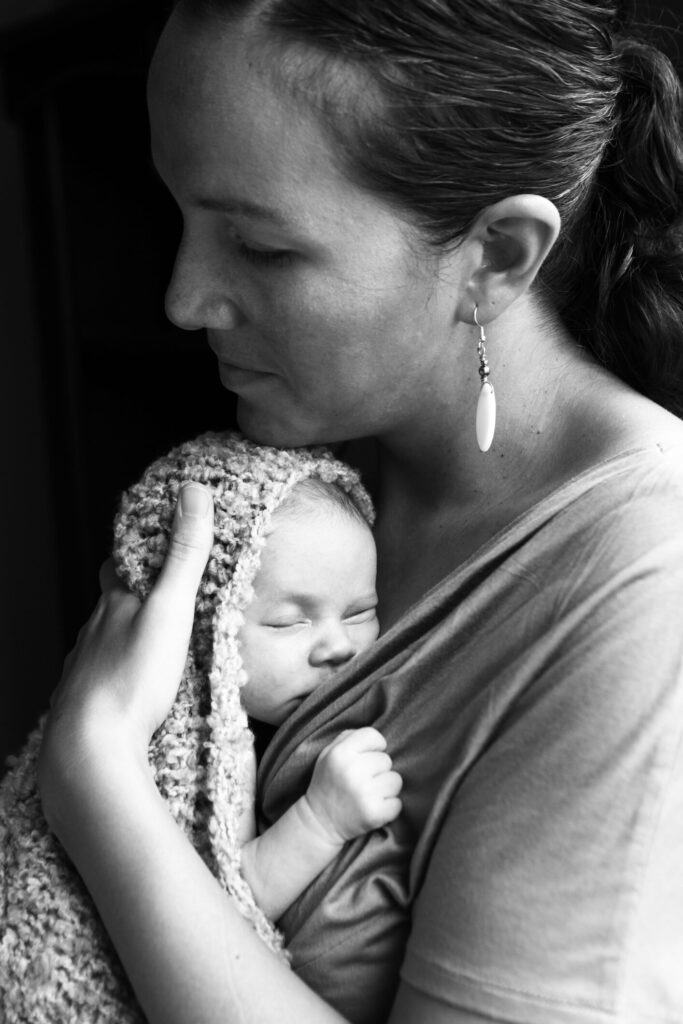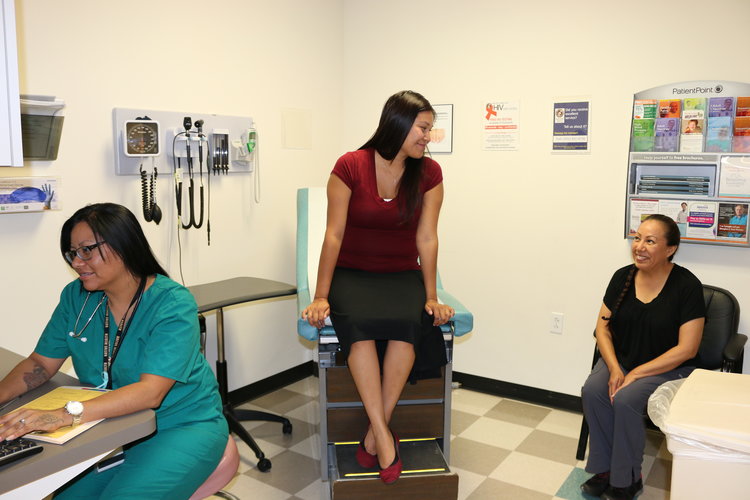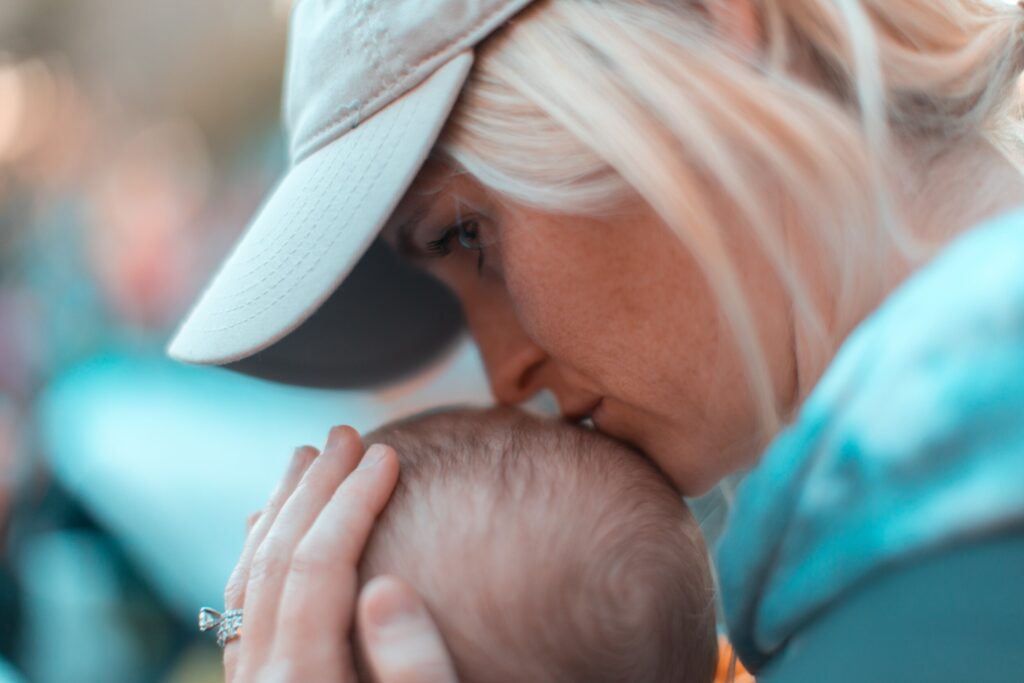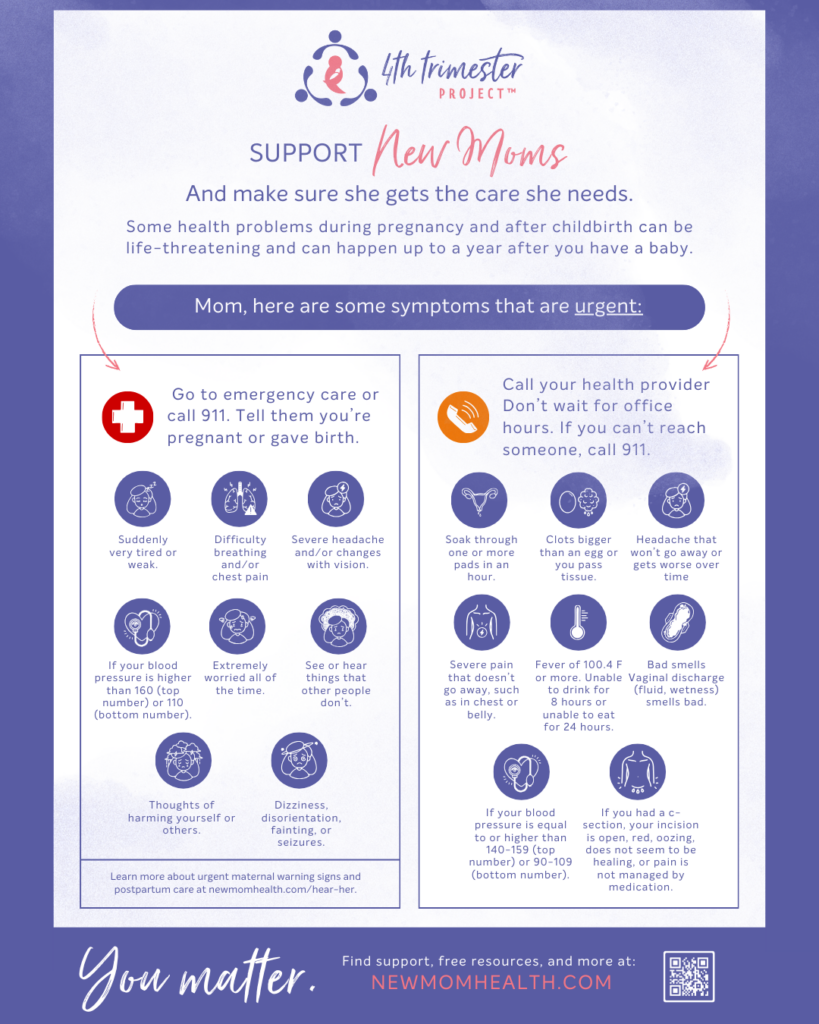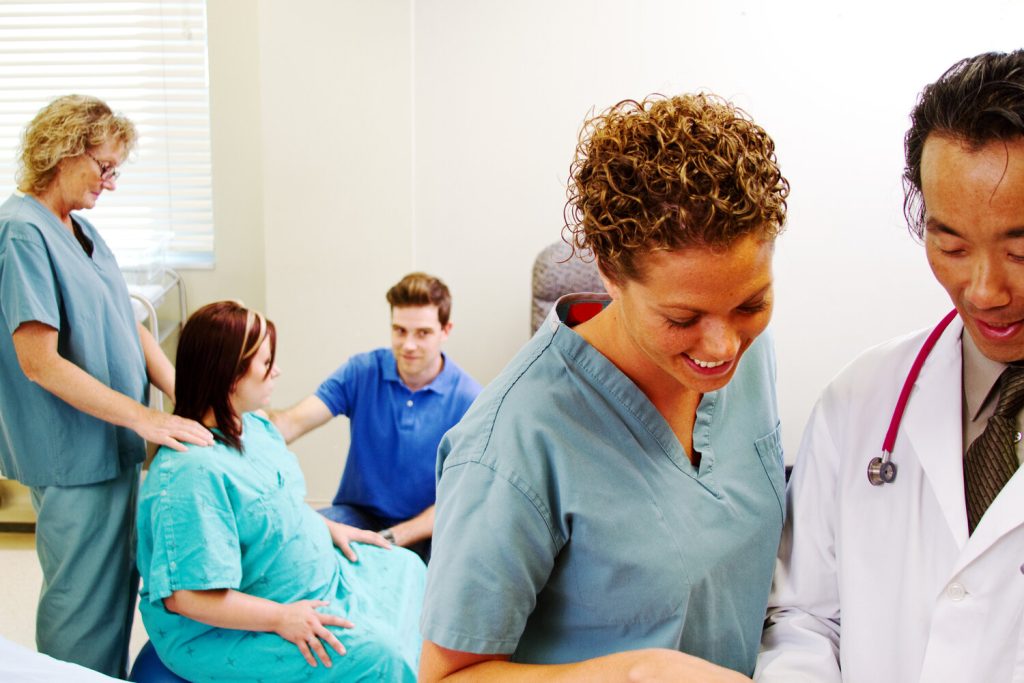
Your recovering body may be more vulnerable than usual to certain infections after you have a baby. Some postpartum infections actually begin during labor, though they often don’t become apparent for days – or even weeks – after delivery. Common infections include urinary tract, uterus (endometritis), breasts (mastitis), and problems around incisions such as following a C-section. Viral infections such as the flu can be extra dangerous for women who are early postpartum. Many infections are accompanied by a fever, chills, or a general feeling of illness or discomfort, and sometimes these are the only obvious symptoms. Other symptoms to watch out for include:
- Lower abdominal pain, a low fever, or bad-smelling discharge, or lochia (signs of endometritis).
- A painful, hard, warm, red area (usually only on one breast) and fever, chills, muscle aches, fatigue, or a headache are signs of a breast infection called mastitis.
- Redness, discharge, swelling, warmth, or increasing tenderness or pain around an incision site or wound (whether it’s a c-section incision, an episiotomy, or another incision) or a wound that looks like it’s beginning to separate.
- Difficulty urinating (peeing), painful urination, the feeling that you need to pee often and urgently but little or nothing comes out, or urine that’s cloudy or bloody are signs of a urinary tract infection.
- Headaches, body aches, congestion, coughing and feeling overall unwell could also signal the flu or a flu-like illness.
If you think you might have an infection, contact your health care provider. The hormones of pregnancy and the stress of taking care of a new baby make it harder for your body to fight infection, so it’s important to get treated quickly.
Things to do that might help:
- If you have an infection, then your health care provider may prescribe antibiotics for treatment. Be sure to let your provider know if you’re breastfeeding because that may influence which medications is recommended.
- It is important that you share any worries or barriers to taking medication to your health care team. For example, many families find transportation and finances (such as medication co-pays) challenging in the 4th Trimester and beyond. When you share these obstacles, then your care team can help develop a plan so that you get the care you need. If you get to the pharmacy and find that a prescribed medicine is too expensive, contact your health team to choose a different medicine or ask if there is a generic brand.
- Oral antibiotics taken at home are usually enough to clear up infections, but in some situations, you may need in-patient care in the clinic or hospital. For example, you may need an IV or to have minor surgery to repair a wound. If you are breastfeeding, ask if your baby can stay with you; if not, ask for a breast pump and use it every 2-3 hours so that you can avoid getting a breast infection or losing your milk supply.
- Consider having up-to-date flu, COVID, and TDAP vaccines as a preventive measure and ask everyone who will be coming in frequent contact with your infant to get vaccinated as well.
- You’ll probably begin to feel better within a few days of starting antibiotics, but it’s important to take the full course. This is the case even if your symptoms disappear. Ask your health care provider how long the medication should take for you to feel improvements, and be sure to let her know if they don’t seem to be helping within that time period.
- If you are feeling worse, rather than better, after starting antibiotics, call your health team. You may be taking an antibiotic that’s not working to fight the infection.
- When you are unwell (and when you are healthy), drink plenty of fluids and get as much rest as possible.
- If you feel badly and your health care provider isn’t taking you seriously, DON’T GIVE UP! Infections can be very serious.




